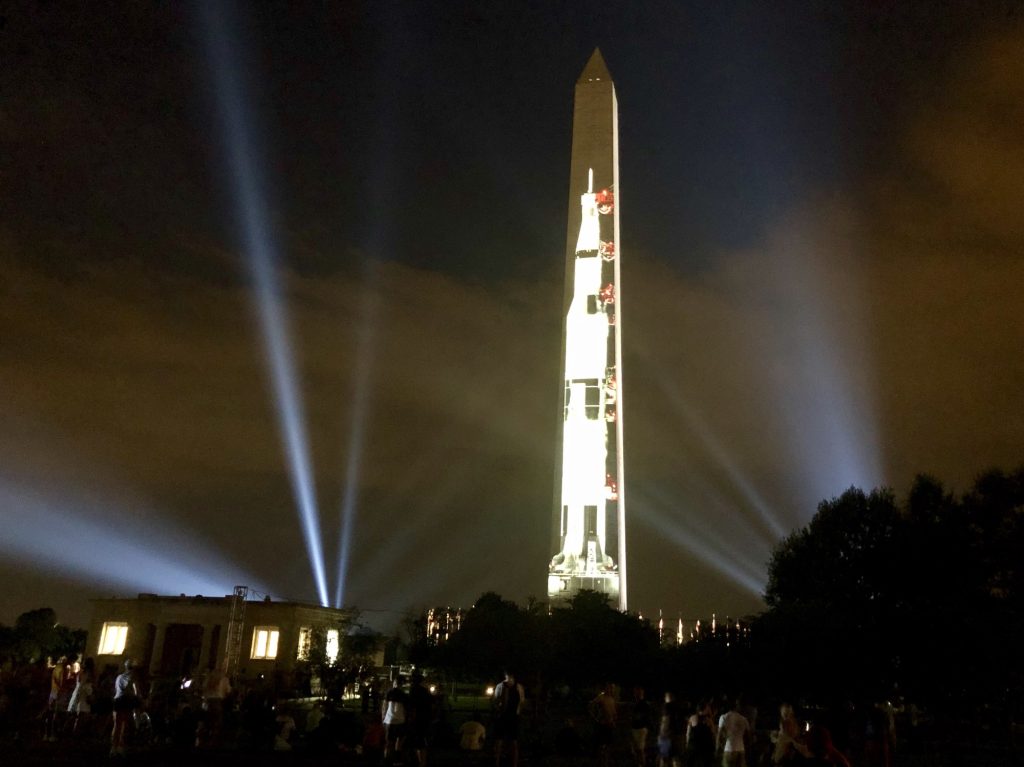iSpace, formed in 2008 as part of the Google Lunar X PRIZE, is undeterred, with it already planning a second moon mission for next year
Japanese space travel company iSpace has announced that its mission to the moon has failed, a stark reminder that despite enormous technological progress, getting to the moon is still a very difficult feat. iSpace, formed in 2008 as part of the Google Lunar X PRIZE, is undeterred, with it already planning a second moon mission for next year.
The mission launched in December 2022, with the spacecraft taking a long, circuitous route to the moon, sending back photos of Earth all the way. Named Hakuto, Japanese for ‘white rabbit,’ it would have been the first lunar landing by a private firm. The mission failed at the last stage, with communication to ground control being lost just 10 meters away from the moon’s surface.
“At this moment, what I can tell is we are very proud of the fact that we have already achieved many things during this Mission 1,” said iSpace’s CEO Takeshi Hakamada. “We acquired actual flight data during the landing phase. That is a great achievement for the future missions. We will keep going, never quit the lunar quest.”
Hakuto represented major technological leaps for space travel.
The Hakuto mission had included two main experimental probes in its payload. Both were government-sponsored, one from Japan and the other from the United Arab Emirates. Along with these two were some minor cargo from private clients onboard.
The lander was carrying a mini lunar rover from the United Arab Emirates for lunar exploration and research named Rashid, as well as a lunar robot from JAXA, Japan’s space agency. The lunar robot was specially designed to move around even in thick layers of moon dust. Both the probes were a first for their respective countries, being the first lunar missions from Japan and, in the case of Rashid, the first in the entire Arab world.
The spacecraft also carried a new, experimental solid-state battery manufactured by Japanese firm NGK Spark Plug Co, as well as sporting a new design that allowed for minimal fuel use and maximum cargo capacity. The mission aimed to search for water deposits on the moon, specifically in the Atlas Crater. The Atlas Crater is a 2 km deep, 87 km wide crater on the near side of the moon, where Hakuto was planned to land.
The mission assumed an even greater significance in the wake of the Russian invasion of Ukraine, as launches via Russian rockets are no longer possible. Add to this China’s increasing presence in the spacefaring sector, and this mission would have been an important milestone in independent Japanese space travel, as well as international space cooperation.
Japan aims to construct a permanently staffed lunar colony by 2040, and it remains to be seen whether that timeline is still viable with the failure of the Hakuto mission.
A setback for sure, but a temporary one
While this mission failure is a significant setback for the private space travel industry, in the long run, it is unlikely to stop the march of progress. Private space travel is still a major, booming industry, and while this and other failures may dampen the pace, the trajectory of the industry is still inevitable.
Only three countries have so far successfully managed to land a spacecraft on the moon: Russia, the United States, and China. The Japanese company iSpace had hoped to be the first private company to successfully complete a moon landing, which would have been a giant leap forward for the future of private space travel. An Israeli non-profit organisation had earlier attempted a lunar landing in 2019, but that too had failed.
